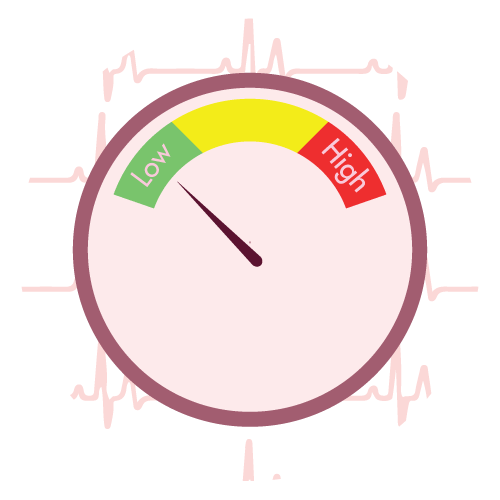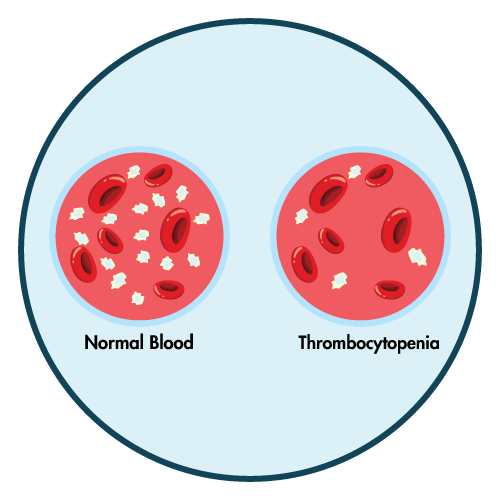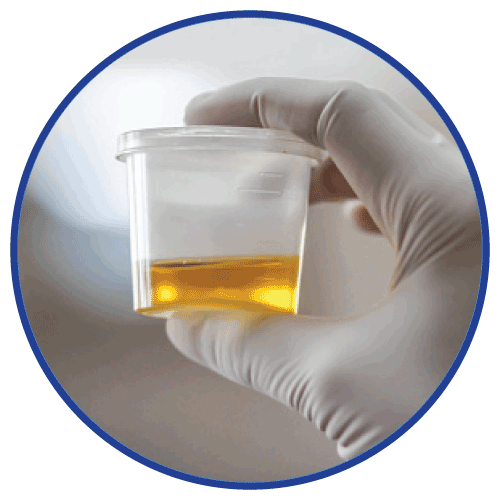| Name | Dextran 40 |
| Classes |
Cardiovascular Agent Plasma Expander |
| Diseases |
Fluid Imbalance |
Dextran 40
Dextran is a polysaccharide that differs from others in that its glucose units are joined together 1:6 glucoside links. The main chain of glucose has short branches at frequent intervals which are probably joined by 1:3 and 1:4 glucoside links.
Hypovolemic shock:
- Adult: Shock due to burns, haemorrhage, surgery, or other trauma: Adjunctive therapy As a 10% dextran 40 solution in 0.9 percent NaCl or a 5% dextrose injection: Initially, a fast infusion of 10 mL/kg was used. During the first 24 hours, a maximum of 20 mL/kg is recommended. If the treatment is continued for more than 24 hours, daily dosages of up to 10 mL/kg may be given for up to 5 days.
Prophylaxis of venous thromboembolism during surgical procedures:
- As a 10% dextran 40 solution in 0.9 percent NaCl or a 5% dextrose injection: Initial infusion of 500-1,000 mL (about 10 mL/kg) on the day of surgery. Continue treatment with a 500 mL daily dose for 2-3 days, then for up to 2 weeks depending on the risk of consequences (e.g. may give 500 mL every 2nd or 3rd day during period of risk).
Hypovolemic shock: Adult- 10 mL/kg/day for up to 5 days as dextran 40 (10 percent solution).
Thromboembolic disorders:
As dextran 40 (10%) solution: 500 ml on the first day, 500 ml on the second day, and so on for the next ten days. Prophylaxis for thromboembolic diseases after surgery. 500 mL before, during, and after operation. In high-risk patients, the dose may be repeated the next day and treatment may be continued on alternate days for up to 10 days.
As dextran 40 in children: up to 5 ml/kg in newborns and 10 ml/kg in children.
Following side effects may appear-
- Congestive heart failure
- Mild hypotension
- Tightness of chest
- Thrombocytopenia
- Anaphylaxis
- Injection site infection/phlebitis
- Acute renal failure
- Acidosis (if NaCI soln used)
- Pulmonary edema
- Wheezing
Caution should be exercised in-
- Patients with or at risk of heart failure; active haemorrhage, diabetes mellitus, chronic liver failure, risk of pulmonary oedema.
- Renal and hepatic impairment. Pregnancy and lactation.
Correct dehydration prior to administration.
Not intended as a replacement for whole blood or blood components.
Contraindication
Hypersensitivity to dextran.
None known.
 Bangla
Bangla English
English



